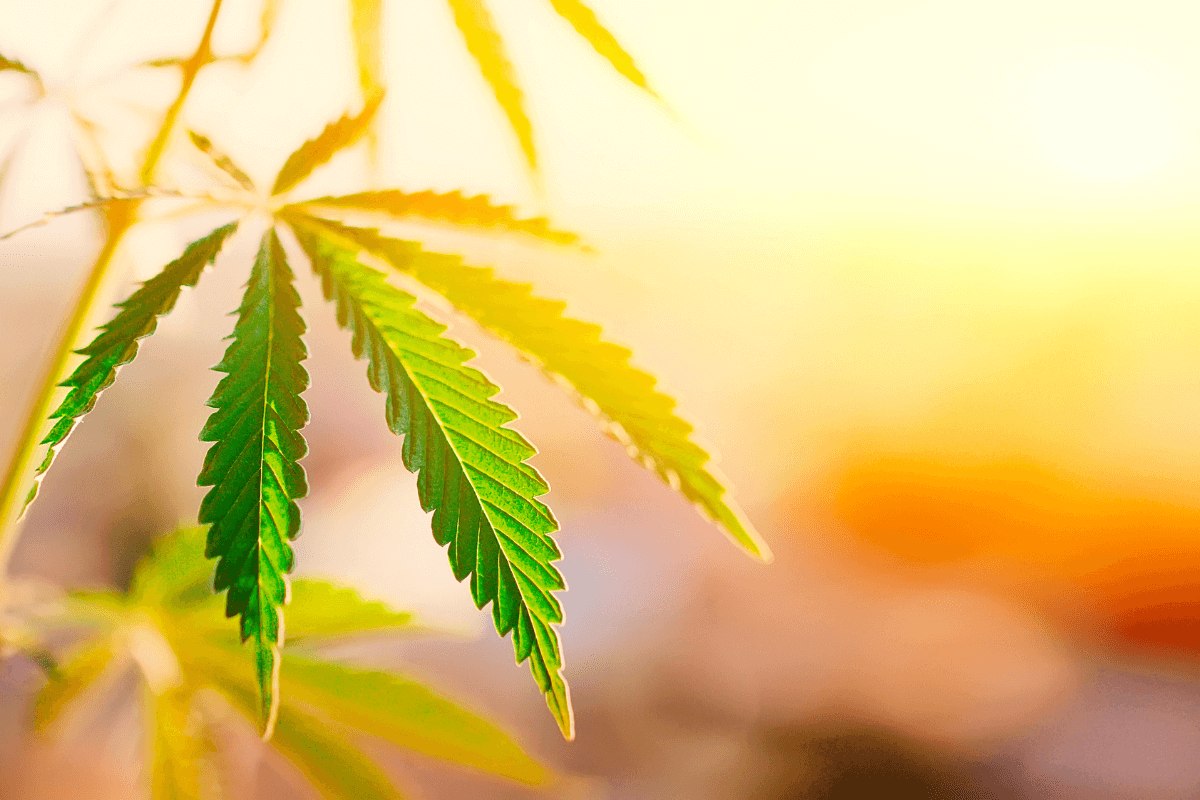
Most proponents of marijuana tout its non-addictive properties. If there’s no marijuana addiction, there can be no marijuana withdrawal.
Unfortunately, that’s not correct. Marijuana withdrawal syndrome can be as severe as other substances, but the key lies in problem use or addiction. Not all people who use marijuana become addicted to the substance. Therefore not everyone will struggle with marijuana withdrawal if they stop using it.
Recreational and Medicinal Marijuana Use
Marijuana is the most commonly used illicit drug in the US, often smoked as a joint or using a pipe or water bong.[1] Currently, the federal government classifies marijuana as a Schedule I substance. A Schedule 1 substance carries a high risk of abuse and has no medicinal uses.[2]
Several states have legalized marijuana for recreational or medicinal use. Some states permit medical marijuana for specific medical conditions with a medical marijuana card.
Politically, much of the country supports marijuana legalization for recreational and medicinal use. Researchers continually investigate the medicinal properties of chemicals found in the plan, such as cannabidiol.
All of this can lead marijuana users to believe that marijuana is a perfectly safe, non-addictive substance. But when marijuana is smoked, THC passes from the lungs into the bloodstream, carrying it to the brain and other organs. A person may also absorb THC through food and drink.
No matter how someone ingests it, THC acts on the brain’s natural cannabinoid receptors in the endocannabinoid system, which plays a vital role in brain development and function. Marijuana over-activates the endocannabinoid system, causing euphoria and other symptoms, including:[3]
- Impaired coordination
- Altered perceptions
- Altered moods
- Difficulty with thinking and problem solving
- Disrupted learning
- Difficulty recalling memories
To make matters worse, marijuana potency has steadily increased in the past few decades. The average THC content in confiscated marijuana samples in the 1990s was less than 4%. As of 2018, the THC content was more than 15%.[4]
The combination of the increased potency of marijuana and the use of high-THC concentrates can lead to greater dependence or addiction in users, especially if they start at a young age.
The Reality of Marijuana Addiction
Roughly 48.2 million people, or 18% of the US population, used marijuana in 2019.[5] Researchers estimate that about three in 10 people who use marijuana have a marijuana use disorder. For people who began using marijuana before the age of 18, the risk of developing marijuana use disorder increases.
Long-term or frequent marijuana use may also increase the risk of psychosis or schizophrenia.
Marijuana use disorders are often associated with dependence, which causes a person to feel withdrawal symptoms when they stop taking a drug. For people who use marijuana regularly, marijuana dependence can occur when the brain adapts to large amounts of the drug, thereby reducing the product’s sensitivity to its own endocannabinoid neurotransmitters.
This disorder becomes an addiction when the person feels they cannot stop using marijuana, even if it negatively impacts their daily life. It’s possible to be dependent without being addicted, so it’s challenging to get exact numbers of marijuana addiction’s prevalence.
Signs and Symptoms of Marijuana Withdrawal
As described by the American Psychiatric Association, the symptoms of marijuana withdrawal may include:[6]
- Feelings of anger, irritability, and aggressiveness
- Sensations of extreme nervousness or anxiety
- Sleep disturbances like nightmares and insomnia
- A decrease in appetite or weight loss
- Feelings of restlessness or malaise
- Feelings of depression
- Physical symptoms such as digestive upset, sweating, headache, fever, chills, and tremors
Addiction Treatment Programs for Marijuana Addiction
Like other drugs, there’s no cure for marijuana addiction, but it can be treated effectively using various treatment programs.
Marijuana addiction rehab centers provide essential life skills, education, and relapse prevention techniques to gain and maintain a sober life. These programs combine evidence-based therapeutic interventions, such as the 12 Steps, holistic addiction treatment, and dual diagnosis treatment. You may choose to pursue a specific treatment program or use an integrated approach to manage your addiction and sobriety.
Marijuana Addiction Treatment at Silver Sands Recovery
If you’re seeking help for marijuana addiction, Silver Sands Recovery can help. We offer a variety of addiction treatment programs to provide a tailored, integrated approach that addresses your needs. Contact us today to learn more about our programs.
Sources:
[1] https://www.cdc.gov/marijuana/data-statistics.htm
[2] https://www.dea.gov/sites/default/files/2020-06/Marijuana-Cannabis-2020_0.pdf
[3] https://www.ncbi.nlm.nih.gov/pmc/articles/PMC4789136
[4] https://nida.nih.gov/publications/research-reports/marijuana/marijuana-addictive
[5] https://www.cdc.gov/marijuana/data-statistics.htm
[6] https://bmcpsychiatry.biomedcentral.com/articles/10.1186/1471-244X-13-258

